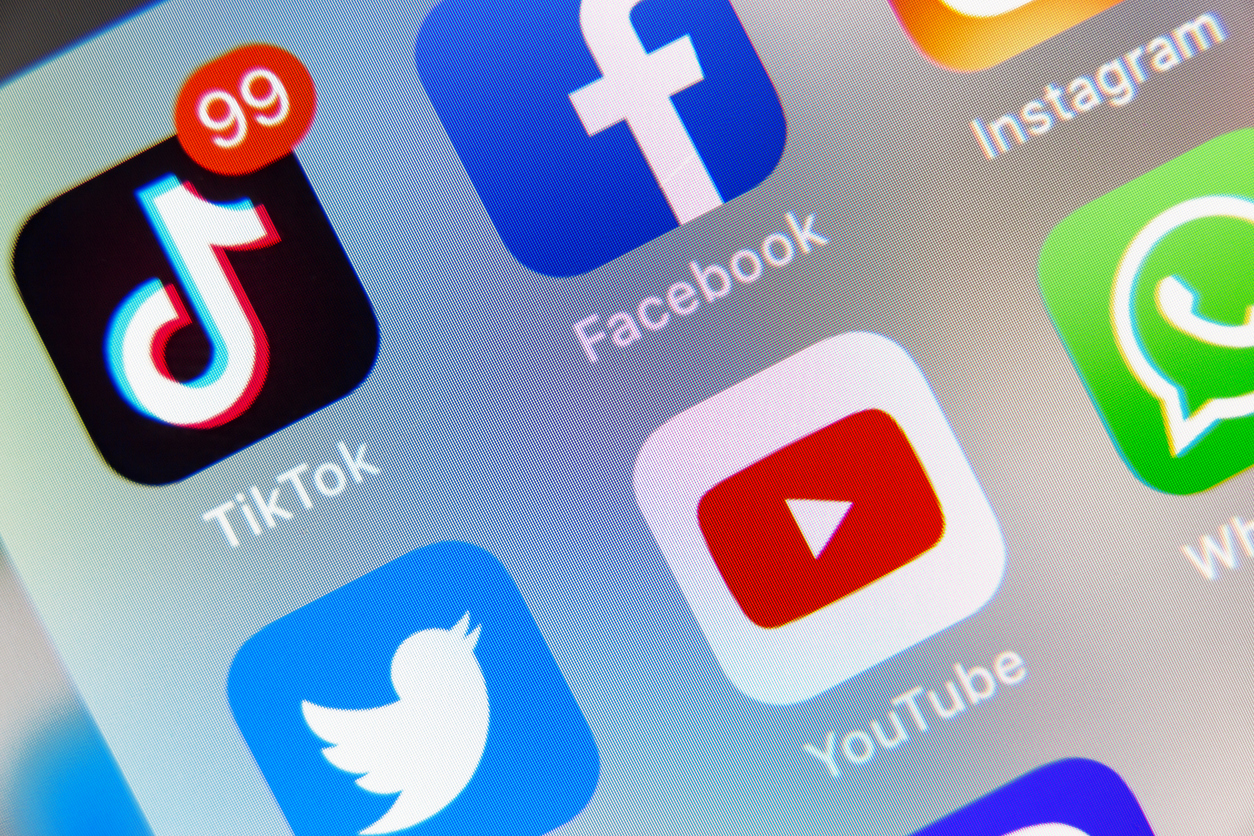TikTok will not save you
The red-hot network carries tempting promises — and big risks.

It feels like the only social network anyone is talking about today is TikTok.
It’s where Gen Z are. It’s growing exponentially. Agencies and brands are putting resources into TikTok to the exclusion of all others. Every other social network is trying to be TikTok, investing in short-form video at a frantic pace, trying to emulate the addictive algorithm that’s keeping so many of us scrolling all day.
Should your brand be on TikTok? Probably. It is growing, especially with desirable younger demographics. It’s a dynamic storytelling tool and an opportunity to reach broad new audiences with clever, relatively unpolished video.
Let’s take a cautionary look at the past before we put all our faith in TikTok.
The fall of Upworthy
Upworthy was one of the fastest-growing media companies of all time. Known for their aggregations of viral social content and headlines that relied heavily on emotion and “you won’t believe what happened next,” the company saw explosive growth in the early 2010s, powered in large part by organic distribution through Facebook.
Then the algorithm changed.
In a year, the company’s average monthly unique visitors plunged from 68 million to 20 million, NPR reported in 2017.
Facebook said the change was because while users clicked on Upworthy’s content, they quickly bounced away. It wasn’t a quality experience, Facebook said, because headlines overpromised and underdelivered. Upworthy’s CEO insists Facebook wanted to push its own content instead.
In the end, it doesn’t really matter.
The company is still in business, but it’s a shadow of its former self. Their near-total reliance on Facebook made them completely vulnerable to any changes from the social media giant.
This isn’t an isolated incident. Look at any algorithmically driven social network, and you’ll find similar sad stories. Look at Instagram with food companies, or go to TikTok itself to see small artists and creators weeping because TikTok built their business — and with an algorithm change, destroyed it overnight.
Diversify
These are obviously extreme extreme cases. Social media success built many of these companies in the first place. Hopefully you don’t have anywhere near that reliance on one revenue stream.
But even as you’re looking to allocate your PR and social media time, attention and budget, don’t put all your eggs in any one basket — especially a basket you don’t own.
Yes, you must be on social media these days. It’s non-negotiable in nearly any business. But make sure you’re investing at least some of your time and resources into platforms that you own, whether that’s brand journalism or a blog on your website, a robust email newsletter plan, or a creative events strategy. Even traditional media relations, while unowned and unpredictable, at least are answerable to real people, not faceless strings of numbers analyzing your every online desire.
This is also a reminder that an influencer strategy can be a way to get on a platform without needing to spend huge amounts of time building your own audience and content. Especially if you’re unsure if TikTok is right for you, partner with an influencer who speaks to your audience. Let them use the algorithm for you. The finite nature of these partnerships allows you to get involved and be seen on trendy platforms without needing to reorient your entire strategy.
The future
All signals indicate TikTok will be a dominant player for some time to come. It’s fundamentally changed how the internet works. However, with questions about ties to China and surveillance and the inherently fickle nature of social media, nothing is for sure.
Protect your organization. Don’t put your eggs in one basket. Better yet — build your own basket.
Allison Carter is executive editor of PR Daily. Follow her on Twitter or LinkedIn.








I think the fact that TikTok blew up so quickly is reason to believe it will fall out of popularity quickly. With apps like Instagram and Twitter which have already been around for a while, it’s likely that they will last. With TikTok, there’s no promise of longevity. -Sydney Palmer, writer/editor for Platform Magazine